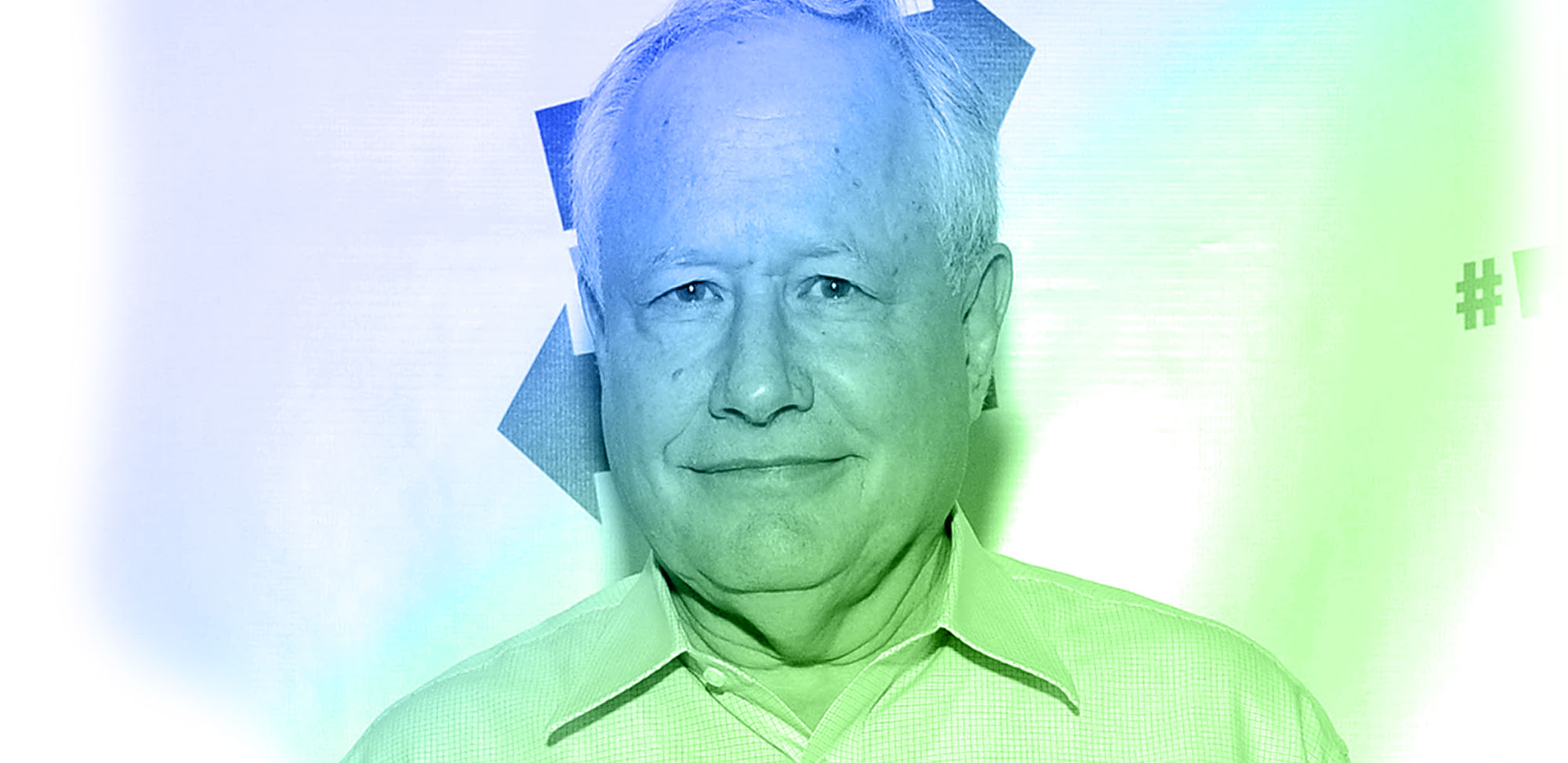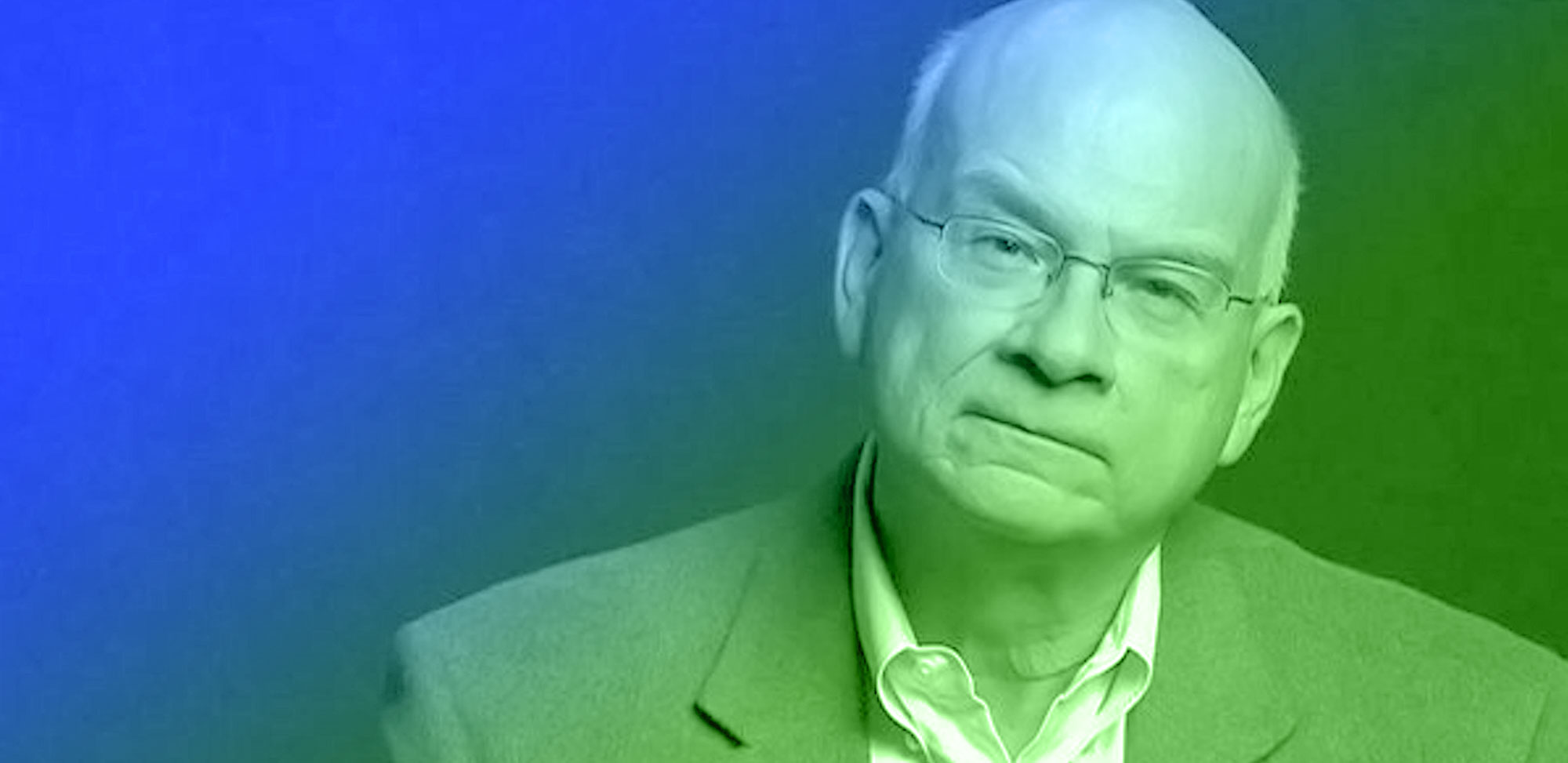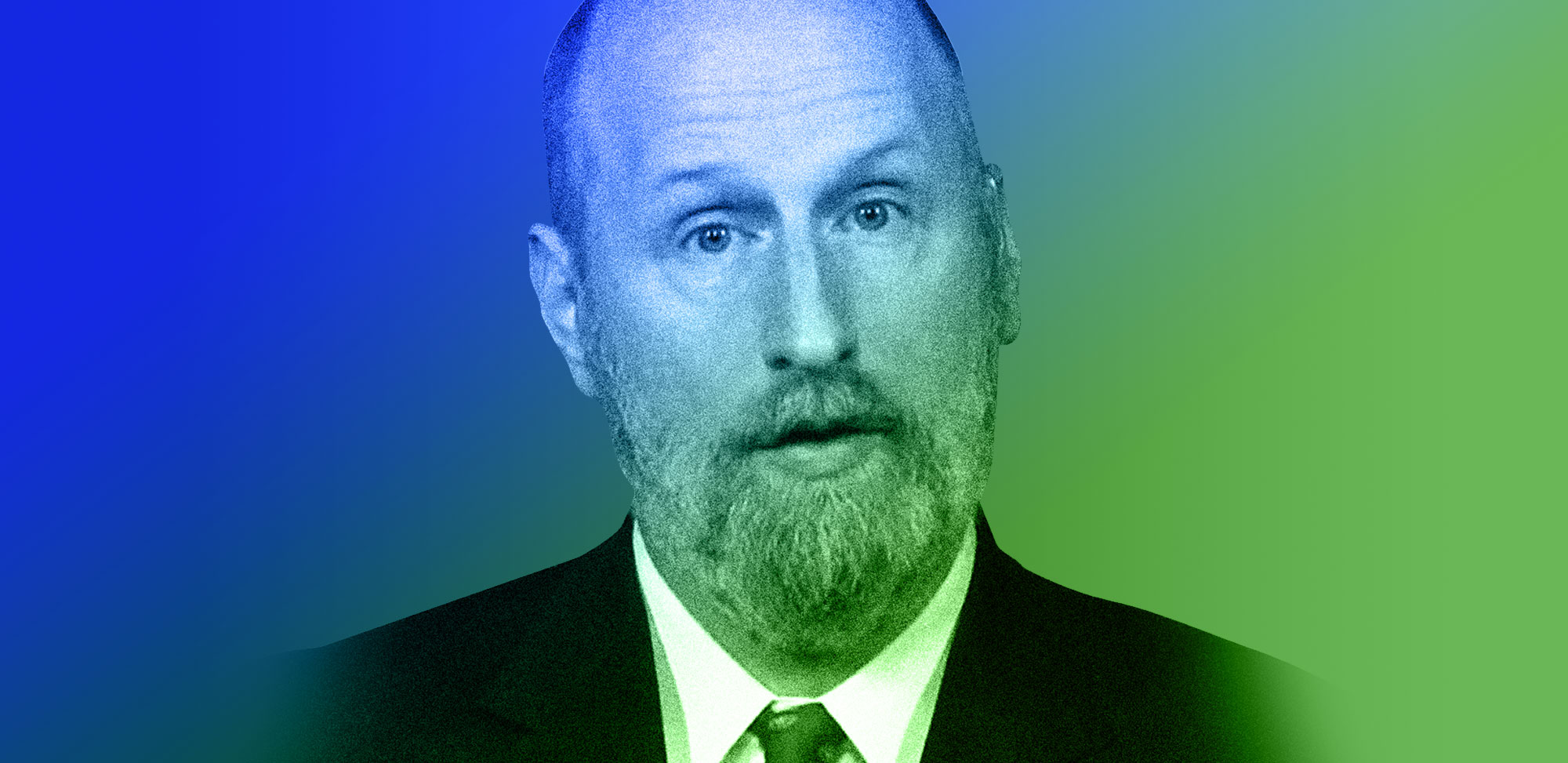For the uninitiated, Tim Keller is the founding pastor of Redeemer Presbyterian Church in New York City, a successful confessional church in what many Christians regard as the heart of darkness. Keller is also a bestselling author who does not shrink from dipping his toes into political waters as so many ministers do. He is (or was) something of an unofficial pope to a large segment of the evangelical Christian population. His influence on this demographic is (or was) vast, and he leverages it in books, interviews, and in a robust social media presence. For our purposes, the question is this: is it a good influence?
When my eldest son, Michael, was a student at Yale Law School a few years ago, he says that Yale inculcated a specific progressive strategy for the deconstruction of otherwise simple moral issues like, say, abortion or the oxymoronic notion of “gay marriage.” They even had a term for it: “complexify.” In other words, obscure the issue at hand with data, highly selective science, and emotion to such a degree that your opponent no longer feels competent to adjudicate the issue.
Keller made his name as a man who preached the Christian message with simplicity and clarity to people who were often hostile to it or had little framework for understanding it. But these days, to read Keller on issues of politics and social justice is to enter a world of smoke and mirrors where everything is “complexified.”
Consider, for example, Keller’s so-called “urban mandate.” In this video, a YouTuber has helpfully placed Keller’s confusing theological explanation of his doctrine against the straightforward preaching of pastor and theologian John MacArthur. The result is jarring. (MacArthur was thrust into the news spotlight last year when he refused to close his church at the order of the state of California.)
Consider also this strange tweet:
To understand the impact of something like Critical Theory you must not only read lots of its theorists but you must also know face to face and work with the political and activist practitioners inspired by it (who are far less nuanced.) Don't just read its critics.
— Timothy Keller (@timkellernyc) February 19, 2021
This tweet is just so much complexifying nonsense. As we explained in this short video, Critical Theory is nothing more than Marxism repackaged to a new audience. You don’t need to read “lots of theorists” like Karl Marx and Antonio Gramsci to know that. You don’t need to “know face to face” practitioners like Stalin and Mao to know that Marxism is an evil system that has left in its wake, conservatively speaking, a body count of 125 million people in the twentieth century alone.
Keller displays an extraordinary naivete about socialism and a willingness to bend the biblical text to his a priori assumptions. In an article titled, “A Biblical Critique of Secular Justice and Critical Theory,” Keller writes: “Biblical justice provides a unique understanding of the character of wealth and ownership that does not fit into either modern categories of capitalism or socialism.”
This is not so. Or, more accurately, it is only half correct: socialism finds no support in scripture while capitalism does. In a single statement—“Thou shalt not steal”—the Bible simultaneously affirms private property and demolishes any notions of socialism.
Was the Proverbs 31 woman a socialist? By no means. She was an unrepentant capitalist: “She perceives that her merchandise is profitable.” (Proverbs 31:18) Scripture holds her up as a model for a godly woman: industrious, thrifty, and faithful.
Is capitalism a perfect system? Certainly not. But the flaws of capitalism are the flaws of human nature. And contrary to popular belief, socialism, much more than capitalism, feeds our greedy natures because it says that what is yours should be mine, and I have a right to take it—by force, if necessary.
Elsewhere, on the issue of the poor, Keller writes:
Proverbs 31:8-9 says “speak up for those who cannot speak for themselves … Defend the rights of the poor and needy.” The Bible doesn’t say “speak up for the rich and powerful,” not because they are less important as persons before God, but because they don’t need you to do this. The playing field is not level and if we don’t advocate for the poor there will not be equality.
Keller’s heart for the poor is commendable and Christian. But in treating the rich and poor as absolute categories—powerful vs. powerless, oppressors vs. oppressed, guilty vs. innocent—he unwittingly accepts the false hierarchical classifications of intersectionality.
Furthermore, in assuming the “playing field” is always tilted in favor of the rich (it is not) and the poor are always the oppressed (they are not), Keller’s take on these verses has much more in common with Marxism than Christianity. Contrary to his claim, the Bible does say to speak up for the rich if the situation demands it:
Exodus 23:2-3: “Do not follow the crowd in doing wrong. When you give testimony in a lawsuit, do not pervert justice by siding with the crowd, and do not show favoritism to a poor person in a lawsuit.”
Leviticus 19:15: “Do not pervert justice; do not show partiality to the poor or favoritism to the great but judge your neighbor fairly.”
To this I will add that it is historically inaccurate to say that the rich don’t ever need you to speak up on their behalf. Socialist regimes have always victimized the rich. They pillage their wealth and often send them into exile, prison, or to the guillotine. (Interestingly, Keller’s attacks on capitalism and the rich have not prevented him from sending out his minions to reach deep into the pockets of the rich.)
And this is but the theological tip of the iceberg. (You can read a more thorough discussion of Keller’s biblical methodology here.)
Some have reminded me that Tim Keller has cancer. Precisely what their point was has never been clear. If, in telling me this, they are suggesting he is not in his right mind, then would someone please take his phone and laptop. If, however, they mean that he deserves our sympathy, he has it and more. I pray for his recovery. As I noted in the article referenced above, I have been a beneficiary of Keller’s teaching. But while illness may excuse an errant tweet or Facebook post, it doesn’t excuse years of error-filled writing and teaching on these subjects with no sign that he has repented of it.
Luke 11:46 says: “Jesus replied, ‘And you experts in the law, woe to you, because you load people down with burdens they can hardly carry, and you yourselves will not lift one finger to help them.’”
In this sharp rebuke of the Pharisees, Jesus is saying that it is the job of teachers of the Law to ease the burden of the people by helping them to understand it. What did they do? They added laws to the existing Law and then they complexified them, thus accomplishing the exact opposite of their mandate.
In like manner, Keller has made what is biblically clear—namely, the evils of Marxism, the slaughter of the unborn, the sexualization of children, racial and medical apartheid, cruel lockdowns, political witch hunts, and the destruction of religious liberty—issues of great theological obscurity. This should not be so.
See More Conservative Collaborators
WAIT! Do you appreciate the content of this website? We are a nonprofit. That means that our work is made possible and our staff is paid by your contributions. We ask you to consider supporting this important work in an ongoing basis or, if you prefer, perhaps you will drop a few buck in our “tip jar.” All contributions are tax-deductible.








